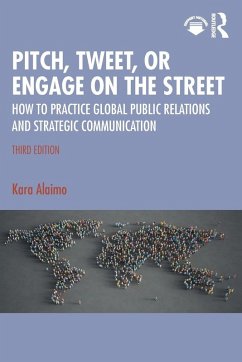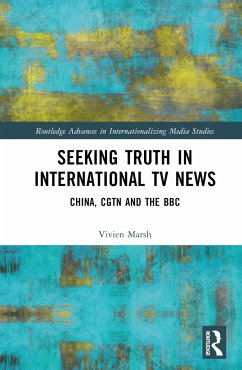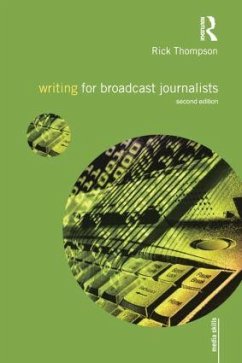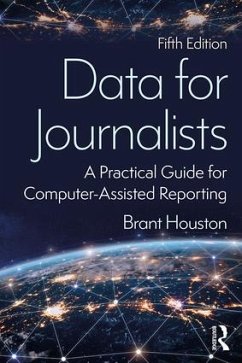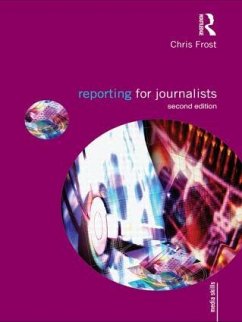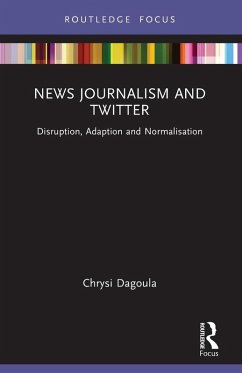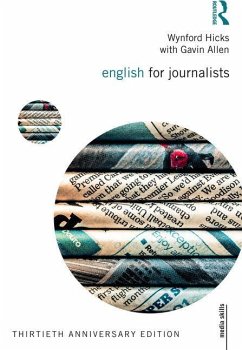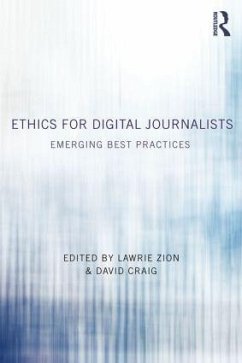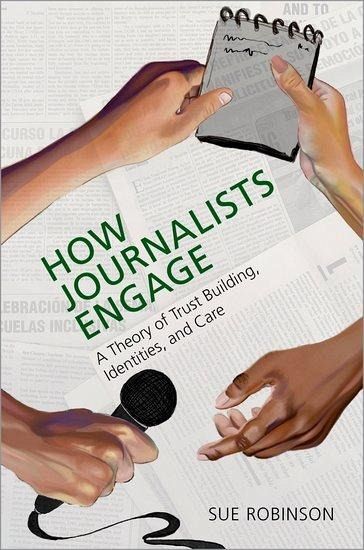
How Journalists Engage
A Theory of Trust Building, Identities, and Care
Versandkostenfrei!
Versandfertig in 2-4 Wochen
34,99 €
inkl. MwSt.

PAYBACK Punkte
17 °P sammeln!
A unique theory of trust building in engagement journalism that proposes journalists move to an ethic of care as they prioritize listening and learning within communities instead of propping up problematic institutions. In How Journalists Engage, Sue Robinson explores how journalists of different identities, especially racial, enact trusting relationships with their audiences. Drawing from case studies, community-work, interviews, and focus groups, she documents a growing built environment around trust building and engagement journalism that represents the first major paradigm shift of the pre...
A unique theory of trust building in engagement journalism that proposes journalists move to an ethic of care as they prioritize listening and learning within communities instead of propping up problematic institutions. In How Journalists Engage, Sue Robinson explores how journalists of different identities, especially racial, enact trusting relationships with their audiences. Drawing from case studies, community-work, interviews, and focus groups, she documents a growing built environment around trust building and engagement journalism that represents the first major paradigm shift of the press's core values in more than a century. As Robinson shows, journalists are being trained to take on new roles and skillsets around listening and learning, in addition to normative routines related to being a watchdog and storyteller. She demonstrates how this movement mobilizes the nurturing of personal, organizational, and institutional relationships that people have with information, sources, news brands, journalists, and each other. Developing a new theory of trust building, Robinson calls for journalists to grapple actively with their own identities--especially the privileges, biases, and marginalization attached to them--and those of their communities, resulting in a more intentional and effective moral voice focused on justice and equity through the news practice of an ethic of care.



